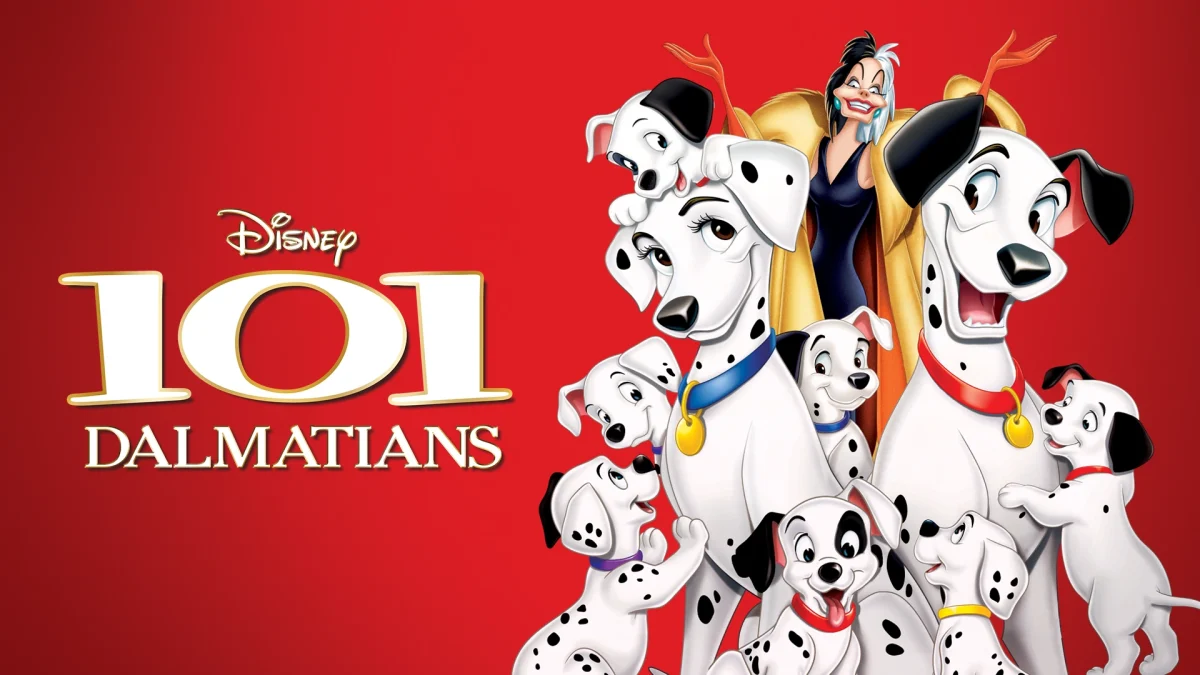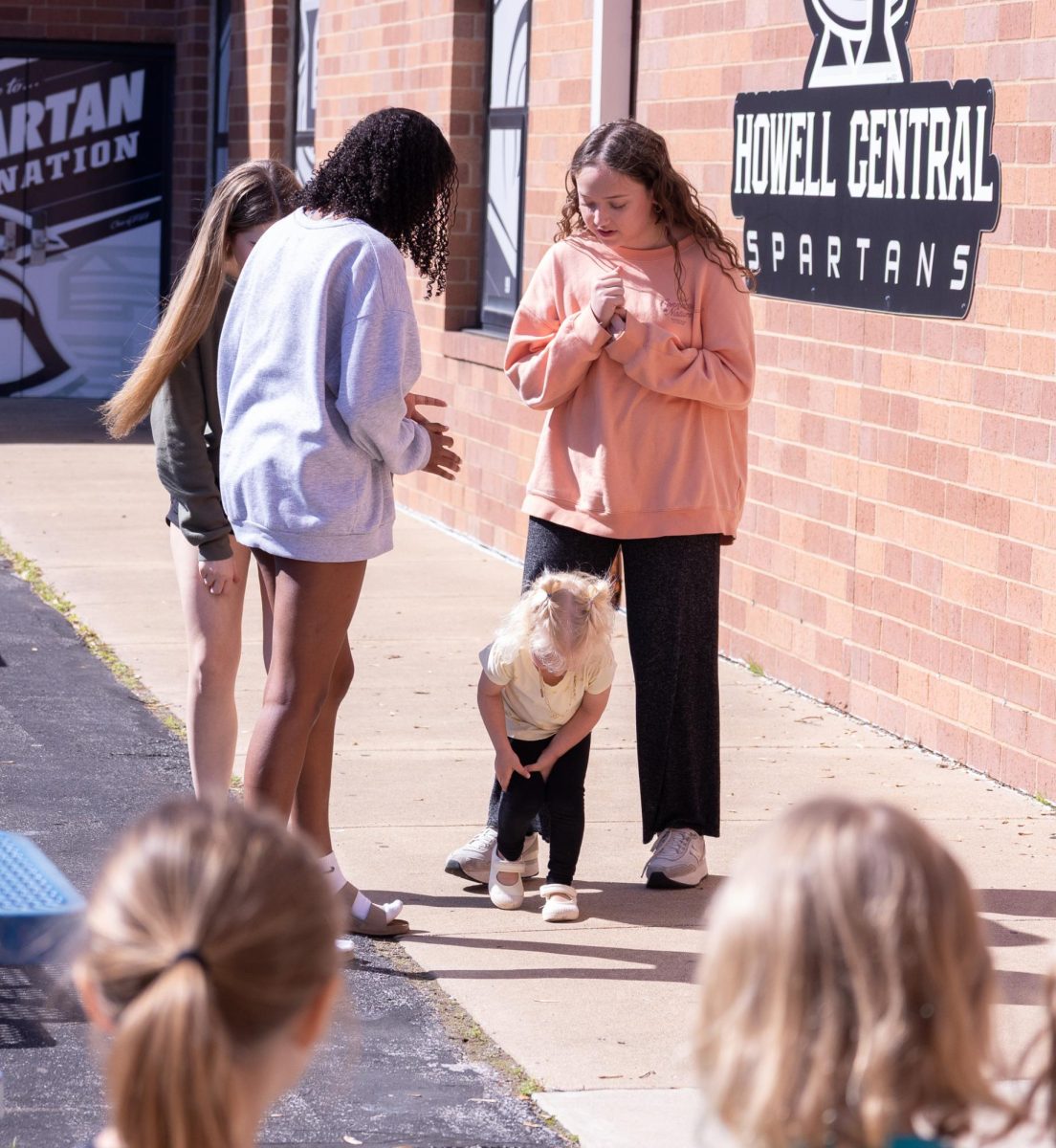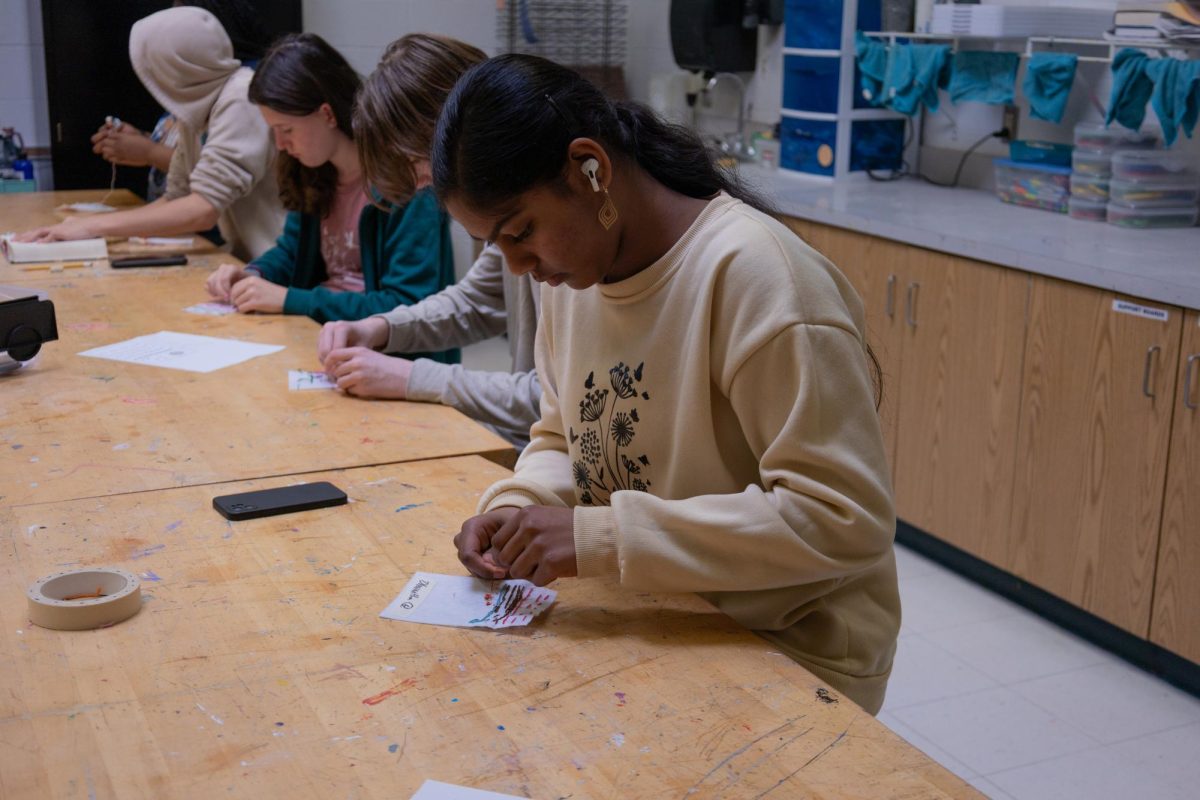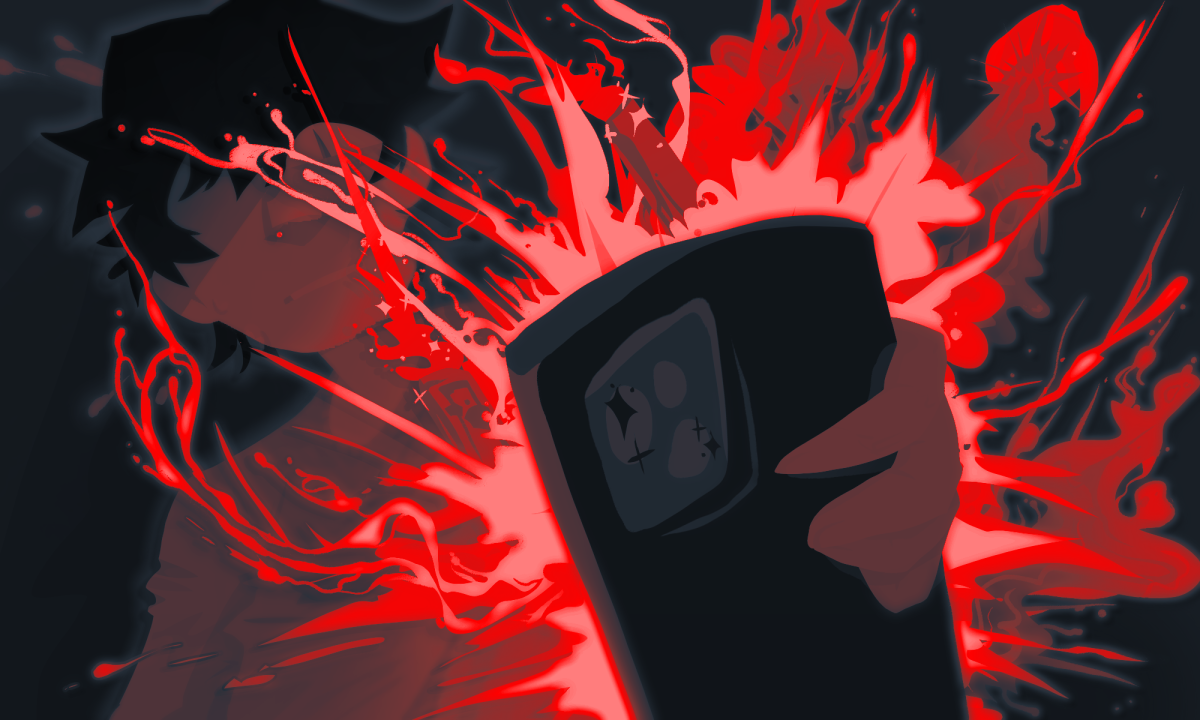As a kid, I loved every animated classic movie under the sun. “Lady and the Tramp” (1955), “The Aristocats” (1970), “The Sword in the Stone” (1963), “All Dogs Go to Heaven” (1989), “The Swan Princess” (1994), “Balto” (1995)—the list goes on. In particular, the last two have a special place in my heart. My grandparents bought the movies once they weren’t free on their television plan any more — I loved watching them that much. They were simple and feel-good. No complicated, grandiose concepts or gestures (In a kid’s movie? Who knew?) and no giant statements. A lot of animated classics did that back then. They’d present big ideas in a simple and easily digestible way.
However, I feel as though most modern movies — those made past the early 2000s — lack the simplicity and laid-back fantasy that older animated tales have. As the companies that started out with singing dogs and dancing cats grew, so did the way they wrote films. Big statements, big adventures, big messages put out in the open.
“Moana” (2016) wasn’t afraid to be obvious. In the scene where she confronts the volcanic Te Kā she sings, “They have stolen the heart from inside you. But this does not define you” before Te Kā turns into Te Fiti. It’s an amazing message, but it was right in your face: “Your pain and anger don’t define you.”
Some of the charm in older animated films was the fact that the messages were subtle. I could go on about the beauty of the animation and the creative interpretations of mythology in Moana, but it’s not comparable to a lot of other movies in terms of messaging. In my mind, because of the blatant way it teaches its lesson, it’s an okay one.
The original animated “Balto” adapts the tale of the medicine-toting wolfdog that saved an Alaskan village, but also talks about belonging, discrimination, and equity — pretty huge concepts. There’s nothing that’s right up in your face, other than when wolfdog Balto says, “Since when do you need a pedigree to help someone?” to an impudent and self-righteous purebred husky.
There wasn’t a collection of gasps, or the world falling apart around him. He just walked over to the medicine crate before the other characters moved onto something else. That’s the closest the film got to obvious. There were overall actions and circumstances that pointed towards bigger ideas, but the film remained simple. It focused on a digestible story.
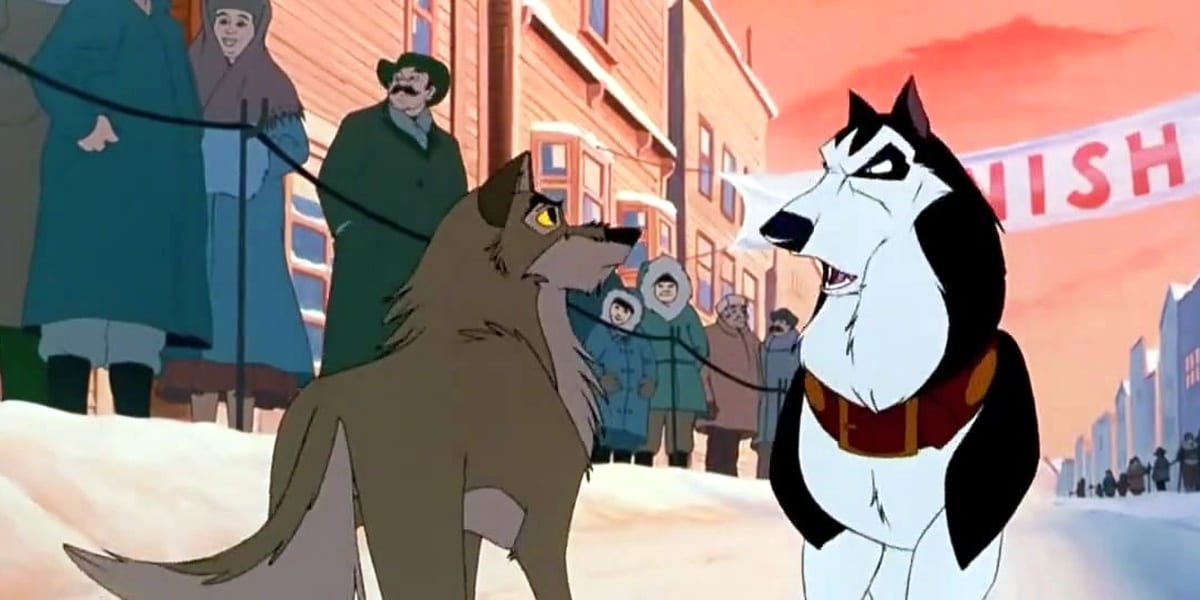
I understand and agree with the fact that more people are trying to communicate important ideas to their kids, and I agree with the act of making movies for it. But I feel like we need some simple movies, too. There’s a reason that so many people are drawn to Studio Ghibli films like Howl’s Moving Castle or My Neighbor Totoro — they’re softer and calmer than older animated classics, yet have a similar, easygoing peace with them. People miss that.
I miss simple movies being more common. I love “Bolt” (2008) to death, but I miss movies like “101 Dalmatians” (1961). I know that there’s entertainment in watching someone so different from you go on an adventure; that’s where every story starts. But journeys don’t need to be grand ones—they don’t need to cross oceans and mountains and worlds. They can cross a few counties or city blocks to be a good film. Bolt traveled across America, and Pongo and Perdita traveled across London and a little more into the countryside. All of those characters are wonderful, but Pongo and Perdita’s story is simpler and easier to watch.
There’s also been a lack of movies that have unrealistic fantasy with villains that are straight… villainous. You don’t need to always relate to those types of characters. I enjoy the narrative of “everyone is human” and definitely agree that it’s an important and essential lesson for many kids to learn, but there’s also a benefit to creating bad-to-the-bone villains. Right and wrong can be difficult for kids to understand, and creating purely villainous characters could make that concept easier for them to figure out. I remember seeing Cruella de Vil in “101 Dalmatians” and thinking, “Wow! I’ll never treat anyone like Cruella treats Horace and Jasper. And I’ll never treat anyone like the henchmen treated the puppies. That’s so mean!”
If modern movies continue going down the redemption path, then it might inadvertently teach kids that they always need to forgive people. But there are going to be people who hurt past the point of redemption and people who don’t change if you keep on forgiving them. Simple messages of good versus evil with irredeemable villains are pretty beneficial to kids that haven’t solidified the ideas of wrong versus right yet. I think that they’re better for actual kids, too, even though I miss older movies for their comfort.
In short, I feel like we need to regress a lot of our kids’ films to how they used to be. Sweet, simple, and easy. “Oldie but a goodie” strikes true. We still need the movies that present big, grandiose messages that need a voice, but the films with simple and small are important, too. I miss them. We miss them. Bring back simplicity.




